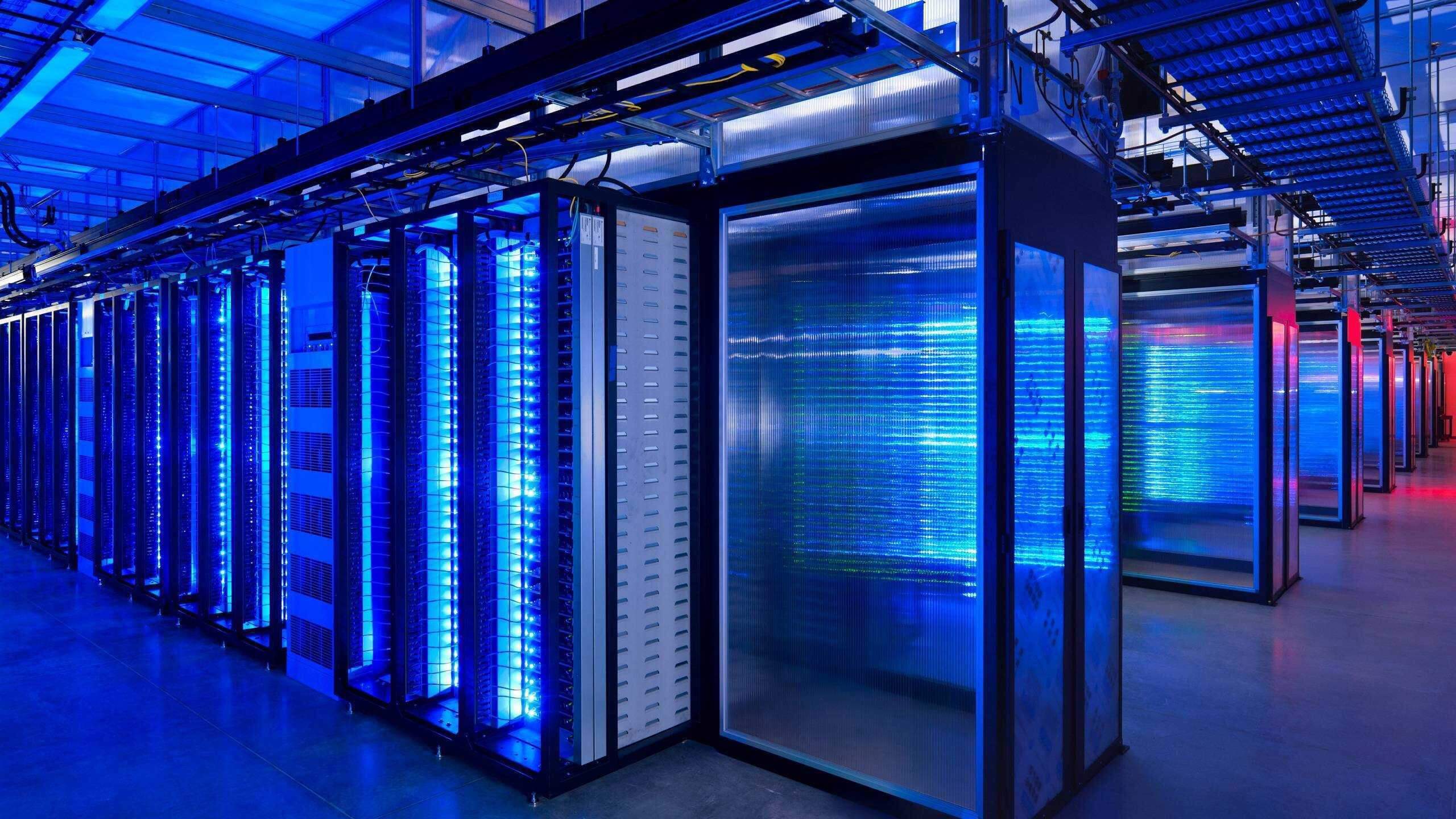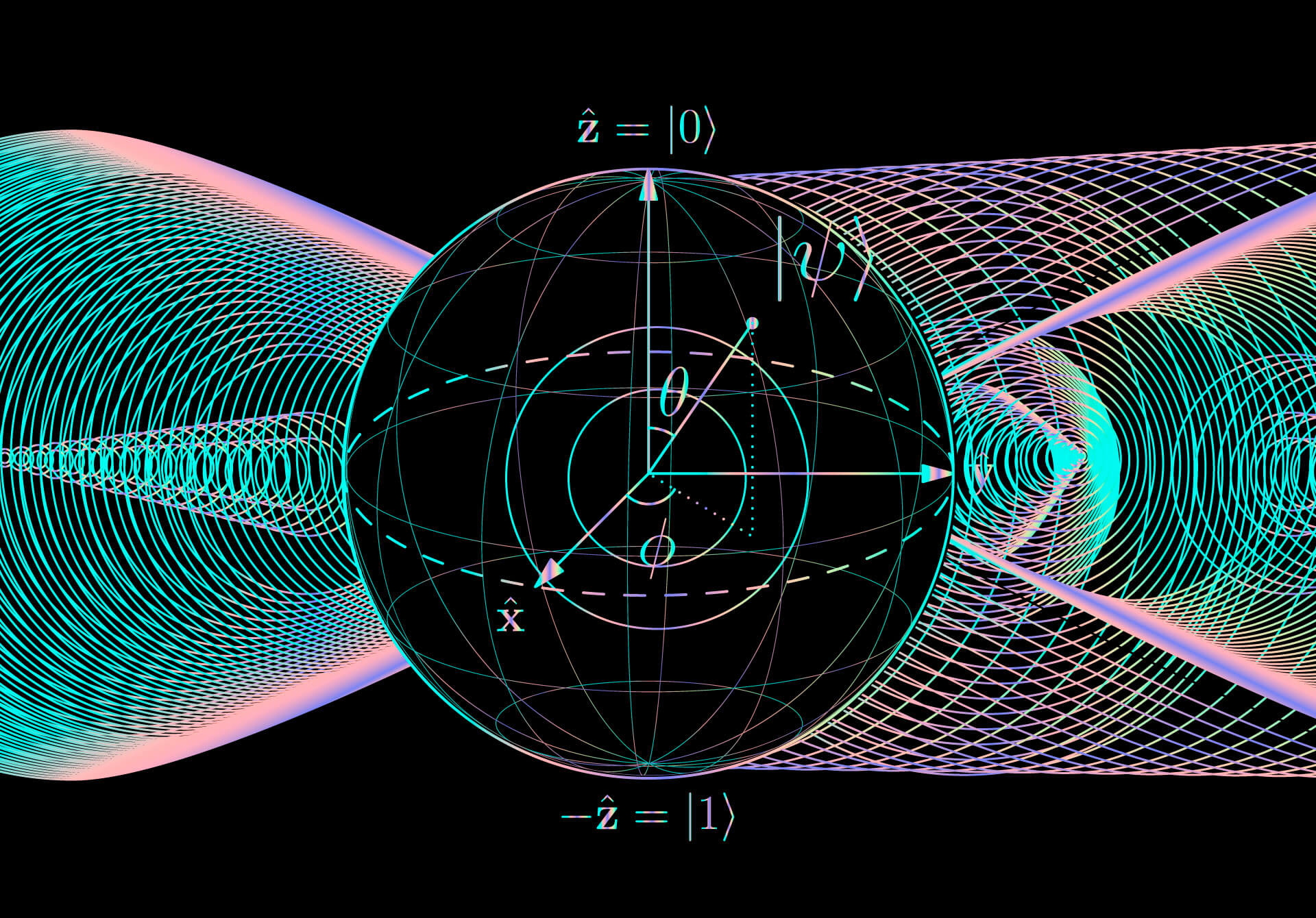Something to look forward to: Some of the biggest problems that need solving in the enterprise world require sifting through vast amounts of data and finding the best possible solution given a number of factors and requirements, some of which are at times unknown. For years, quantum computing has been touted as the most promising jump in computational speed for certain kind of problems, but Toshiba says revisiting classical algorithms helped it develop a new one that can leverage existing silicon-based hardware to get a faster result.

Toshiba's announcement this week claims a new algorithm it's been perfecting for years is capable of analyzing market data much more quickly and efficiently than those used in some of the world's fastest supercomputers.
The algorithm is called the "Simulated Bifurcation Algorithm," and is supposedly good enough to be used in finding accurate approximate solutions for large-scale combinatorial optimization problems. In simpler terms, it can come up with a solution out of many possible ones for a particularly complex problem.
According to its inventor, Hayato Goto, it draws inspiration from the way quantum computers can efficiently comb through many possibilities. Work on SBA started in 2015, and Goto noticed that adding new inputs to a complex system with 100,000 variables makes it easy to solve it in a matter of seconds with a relatively small computational cost.

This essentially means that Toshiba's new algorithm could be used on standard desktop computers. To give you an idea how important this development is, Toshiba demonstrated last year that SBA can get highly accurate solutions for an optimization problem with 2,000 connected variables in 50 microseconds, or 10 times faster than laser-based quantum computers.
SBA is also highly scalable, meaning it can be made to work on clusters of CPUs or FPGAs, all thanks to the contributions of Kosuke Tatsumura, another one of Toshiba's senior researchers that specializes in semiconductors.
Companies like Microsoft, Google, IBM, and many others are racing to be the first with a truly viable quantum commercial system, but so far their approaches have produced limited results that live inside their labs.
Meanwhile, scientists like Goto and Kosuke are going back to the roots by exploring ways to improve on classical algorithms. Toshiba hopes to use SBA to optimize financial operations like currency trading and rapid-fire portfolio adjustments, but this could very well be used to calculate efficient routes for delivery services and molecular precision drug development.